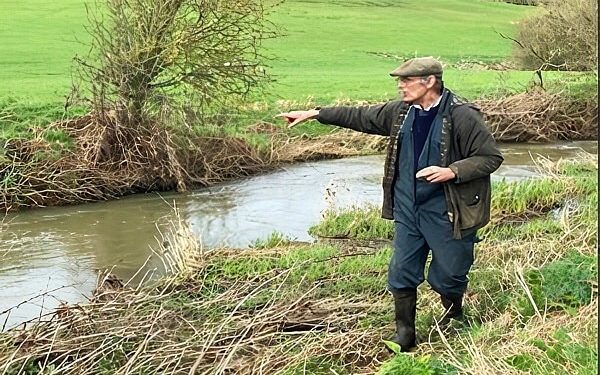In the latest Autumn Budget, Chancellor Rachel Reeves unveiled substantial reforms to the UK’s Inheritance Tax (IHT) regime, particularly affecting agricultural property relief (APR) and business property relief (BPR).
These changes, set to come into effect from April 2026, have sparked widespread concern among farmers, landowners, and rural communities.
Main Changes to Inheritance Tax Relief
The new rules introduce a £1 million cap on the combined value of business and agricultural assets that can benefit from IHT relief.
For assets valued above this threshold, the relief will be reduced from 100% to 50%, resulting in an effective tax rate of 20% on the excess amount.
- Taxation on Excess Value: From April 2026, IHT will be charged at 20% on the value of agricultural and business properties exceeding £1 million. This applies to transfers upon the death of the owner, gifts made within seven years of the donor’s death, and gifts into trust during the donor’s lifetime.
- Combined Cap: The £1 million cap applies to both APR and BPR, meaning that the total relief available for both types of properties is limited to this amount.
Impact on Farming Communities
The National Farmers Union (NFU) has been vocal about the potential devastating effects of these changes on farming families. The NFU argues that the government’s assertion that the £1 million cap will protect small family farms is misleading.
- Financial Burden: Many family farms, despite being “cash poor,” have significant asset values, making them vulnerable to the new tax rules. The NFU warns that these changes could force farmers to sell their family farms to pay the IHT bill, even after decades of farming.
- Reduced Investment: The new tax rules may discourage investment in farmland, as potential buyers might be deterred by the increased tax liability. This could lead to less land being available for farming and more being used for other purposes, such as renewable energy projects.
Public Reaction and Petitions
The announcement has prompted a strong reaction from the public and farming communities. A petition launched by the NFU to stop the changes has garnered over 125,000 signatures in just two days, exceeding the threshold required for a parliamentary debate.
The NFU has expressed deep concerns about the future of farming families, citing the cumulative effects of tightening margins, record inflation, extreme weather, and increased production costs. They argue that these tax changes will be a “hammer blow” to an already struggling sector.
Broader Government Initiatives
These changes are part of a broader strategy to raise £40 billion for the government while ensuring the sustainability of public finances. The reforms aim to balance the need for increased revenue with the protection of small family farms and businesses.
Environmental Schemes
From April 2025, APR will be extended to include agricultural land managed under environmental agreements with public bodies, supporting sustainable farming practices and environmental stewardship.
Renewable Energy
The changes may also incentivize landowners to lease land for renewable energy projects, as the loss of IHT relief on agricultural land could be offset by new income streams from such projects.
Context and Future Implications
- Long-term Effects: The capping of IHT relief could lead to financial difficulties for long-term family-owned businesses and farms, potentially resulting in the sale of assets or expensive financing arrangements to cover tax liabilities. This could depress the value of otherwise healthy businesses and impact the overall stability of rural communities.
- Public Finances: The government estimates that these changes will impact around 25% of estates, approximately 2,000 estates each year, generating significant revenue to support public finances.
In Conclusion
The changes to APR and BPR announced in the Autumn Budget mark a significant shift in the UK’s IHT regime, with far-reaching implications for farming families and rural communities.
While the government aims to protect small family farms and raise revenue, the practical effects on the ground remain a subject of intense debate.
As the UK navigates these changes, it is crucial to monitor how these reforms impact the agricultural sector and the broader economy. The question remains whether these measures will achieve their intended goals without causing undue hardship to those who have dedicated their lives to farming and land management.
Sources: THX News, HM Treasury & Department for Environment, Food and Rural Affairs.









